New Delhi is the capital of India and a part of the National Capital Territory of Delhi (NCT). New Delhi is the seat of all three branches of the government of India, hosting the Rashtrapati Bhavan, Parliament House, and the Supreme Court of India. New Delhi is a municipality within the NCT, administrated by the NDMC, which covers mostly Lutyens' Delhi and a few adjacent areas. The municipal area is part of a larger administrative district, the New Delhi district.
Although colloquially Delhi and New Delhi are used interchangeably to refer to the National Capital Territory of Delhi, both are distinct entities, with both the municipality and the New Delhi district forming a relatively small part of the megacity of Delhi. The National Capital Region is a much larger entity comprising the entire NCT along with adjoining districts in neighbouring states, including Ghaziabad, Noida, Gurgaon and Faridabad.
B.Tech Part-Time in New Delhi is a 4-year undergraduate engineering program. Part-time B.Tech. is an approved course by AICTE and valid in all senses. It is divided into eight semesters over its four-year duration. Engineering (B.Tech Part-Time) in New Delhi has become one of the most prestigious technical courses due to the rapid growth of Indian education.
B.Tech Part-time is for students and professionals who are unable to attend the regular B.Tech program due to personal reasons. Whatever the reason, they couldn't go to technical education due to the rigidity of regular programs. This part-time B.Tech in New Delhi allowed them to be flexible with their schedule.
Part-time classes in B.Tech are offered at times and places that work for non-conventional students. The popularity of the B.Tech Part-Time Course in New Delhi is due to its technical exposure, high salary package, and job satisfaction. Students can also take advantage of the class schedule without affecting their daily life.
Each semester offers practical and lab experience. In the final semester, students receive industrial training that prepares them to enter the job market. B.Tech Part Time in New Delhi is the best program that guarantees a job.
This is the age of skill-based programs. Indian government encourages students who are skilled in their field. B.Tech Part Time is a great course in New Delhi that focuses on these skills. Technical engineering students today are preferred over normal graduate students.
There is a difference between B.Tech. Part-Time in New Delhi and Regular B.Tech in New Delhi
B.Tech Part-Time in New Delhi and B.Tech and Regular B.Tech are fundamentally different in terms of class schedules and timing. Part-time B.Tech classes are held on weekends and evenings, as opposed to Regular B.Tech's regular class timing.
Part-Time B.Tech Specialization in New Delhi
B.Tech Part Time has many specializations that Regular B.Tech does not. B.Tech Part Time has the following top specializations:
a) Mechanical Engineering: Mechanical Engineering is a branch that deals with the design, manufacture, operation, development, and maintenance of machines and their parts.
b) Computer Science Engineering: Computer Science refers to the field of programming, analyzing, developing, and maintaining computer systems, software, and hardware.
c) Electronics and Communication Engineering in New Delhi : Electronics and Communication Engineering is a branch that studies, designs, develops, and maintains any type of semiconductor or device-related.
d) Civil Engineering in New Delhi is the study, analysis, design, and construction of infrastructures like roads, buildings, and so forth.
e) Mechanical & Automobile Engineering: Mechanical & Automobile Engineering in New Delhi is the branch that designs, manufactures, develops, and conducts research on Automobiles.
Criteria to be eligible for B.Tech Part Time in New Delhi
Here are the eligibility criteria for B.Tech Part-Time:
* 10+2 pass from a recognized board with Chemistry and Physics Maths as subjects.
* A diploma holder in the relevant field is eligible for the B.Tech Part-Time in New Delhi.
Career after a B.Tech Part-Time Degree in New Delhi
* MNC's/Private Sector - There is a huge number of jobs in the private sector. They offer a high salary for all engineering streams. There are many challenges when you apply for a job in the private sector.
* PSUs/ Public Service Undertakings - Public Sector Undertakings are government companies. These companies have their own exams for recruiting. These organizations include ISRO, DRDO, and NIC (National Informatics Center). Some PSUs offer opportunities based on their GATE score. All these exams are based on the B.Tech for Working Professionals in New Delhi Curriculum.
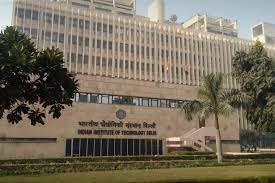
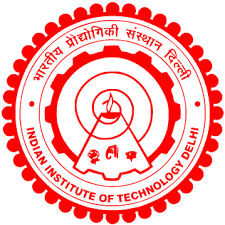








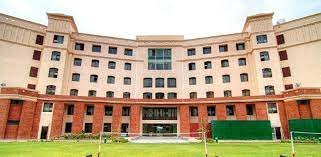
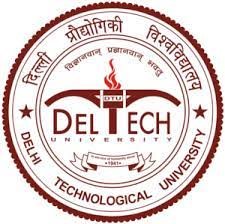

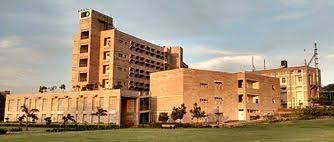


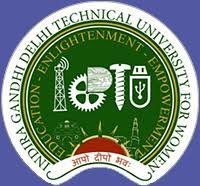
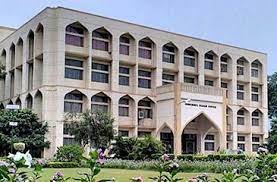

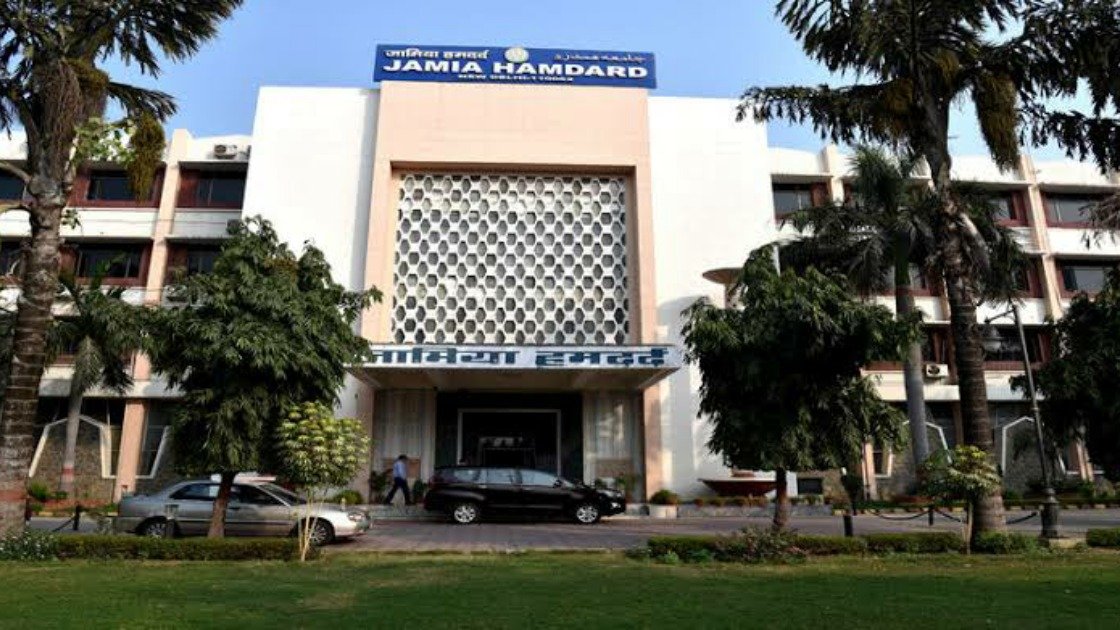




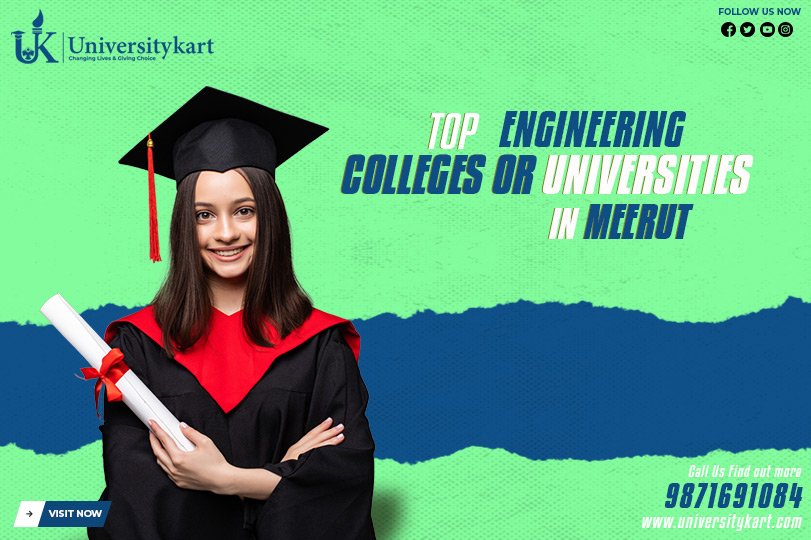




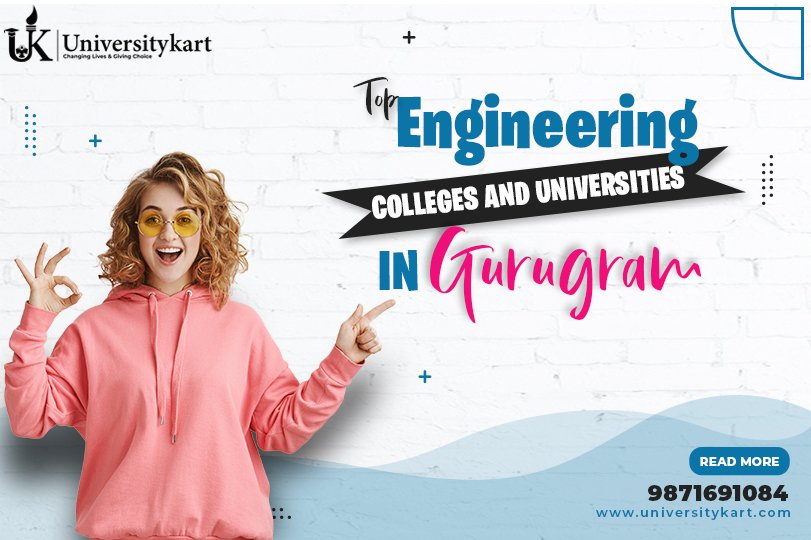


 back
back